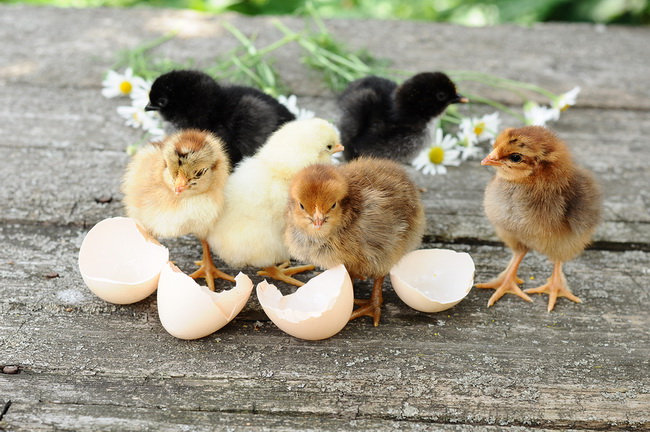- Make It Yourself Lavender Heart-Shaped Bath Bombs!
- 20 Things You Never Knew About “Down There”
- 12 Best Foods For Those Suffering From Arthritis Pain
- 12 Personal Hygiene Mistakes Almost Everyone Makes (Mom Never Told You About #4!)
- 15 Medicinal Plants And Herbs From The Cherokee People
- 12 Mind-Blowing Benefits Of Drinking Coconut Water During Pregnancy
- 12 Outstanding Winter Foods That Won’t Fatten You Up Like A Christmas Turkey
The Latest American Crisis Everyone Will Be Talking About

Photo credit: bigstock.com
If you think this doesn’t affect you because you don’t live in Texas, think again. If egg rationing hasn’t hit your store yet, it will. The efforts to control this current outbreak of bird flu has, so far, have been unsuccessful, which means common sense should tell everyone that there is not going to be an influx of fresh eggs coming anytime soon. As of right now, HEB is limiting their sales to three dozen, but if this flu continues unabated, don’t be surprised to see this number decrease over the summer months.
The US Department of Agriculture has stated that about 80 percent of the birds killed in this outbreak were egg-laying hens. This has the egg industry on its knees.
SEE ALSO: Are Backyard Chickens Mostly Immune to Bird Flu?
This is one more reason why you should consider keeping your own backyard chickens. You don’t need a rooster for the hens to lay eggs, so you don’t need to worry about your neighbors complaining about the noise. Depending on the size of your family and how many eggs you typically consume each day, most people find that just two or three hens will supply them all the eggs they can eat. Three hens will give you about 21 eggs each week, since most hens lay approximately one egg each day. Chickens require very little space and very little care. If you have a home with a yard, your chickens will happily remove every bug from your garden and then some, and in return, supply you with clean, fresh, organic eggs. Even if you live in a large city and have limited space, you can build a coop that will allow them to walk freely within their enclosure and eat all the fruits, vegetables, seeds and scratch that you provide.
Check your local ordinances before purchasing your chickens. Most cities allow hens but not roosters within city limits. There are numerous sites online that can explain how you can set up your chicken coop, which chickens are the best for laying eggs and how to properly care for your hens.
Once you start eating fresh, organic eggs from your own hens, you will realize just how much taste (not to mention nutrition) you have been missing. You will never go back to store bought eggs ever again.
References:
































